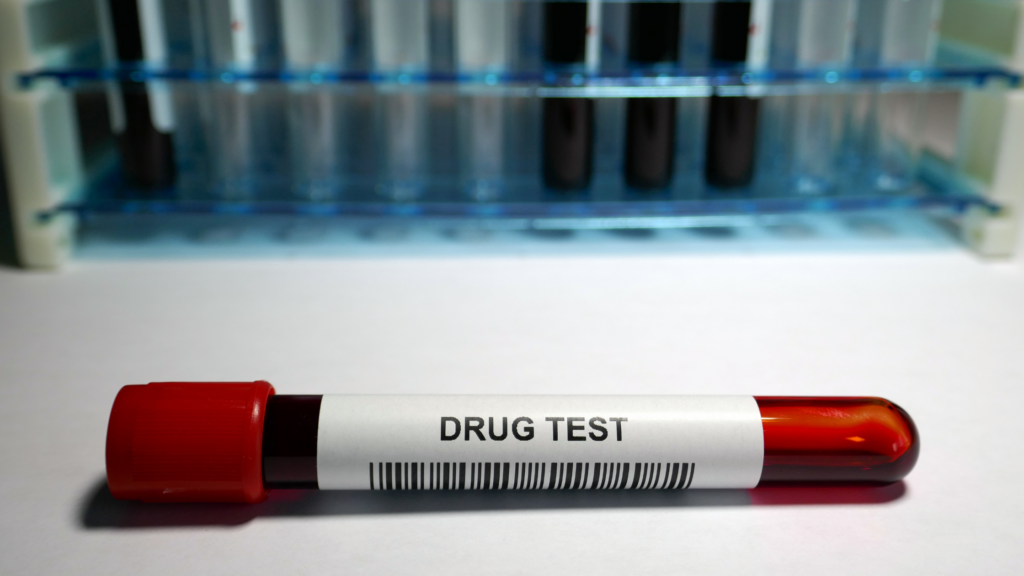American society is undergoing a massive de-stigmatization of cannabis, and potentially psychedelics – all of which are seen as valuable for stress-relief, mental health and overall wellness. In fact, marijuana has finally become decriminalized under federal law and is no longer part of the so-called Schedule I category of drugs, substances or chemicals with no accepted medical use and a high potential for abuse. I’m hoping the same trend will apply to psilocybin dispensed in the form of magic mushrooms and other natural substances as microdosing practices gain traction and becomes part of mainstream thinking.
But the fact is that peyote, LSD, ecstasy and methaqualone (known more by the name Quaaludes) are still lumped in with heroin when they’re less toxic than many drugs available over the counter that employers don’t test their employees to weed out substance abusers, including alcohol or caffeine. The fact is that drug-testing programs are hugely flawed and need to be seriously reformed, especially in such a tight labor market where talent is choosing to go elsewhere at a rate of breakneck speed. Positive marijuana tests in the U.S. workforce are soaring as more states legalize medical and recreational use, but employers are focusing on the wrong approach and missing golden opportunities to ensure workplace safety.
The problem with drug testing is that it doesn’t actually measure impairments and many produce false-positive results. If you miss a night’s sleep, your neurocognitive state could be the same as being drunk, which could be deadly on the job. The same goes for taking pain killers, nutritional deficiencies or being in a highly emotional state.
One day there may be an advance in mobile technology that can measure fluctuations in neurocognitive function, which is where employers need to make the centerpiece of drug-testing programs rather than stigmatizing certain drugs like marijuana or peyote and missing alcohol or other substances that can impair judgment.
Related Articles:
Microdosing reduces stress, complements healthy habits
Microdosing: Things you grow out of and things you grow into
